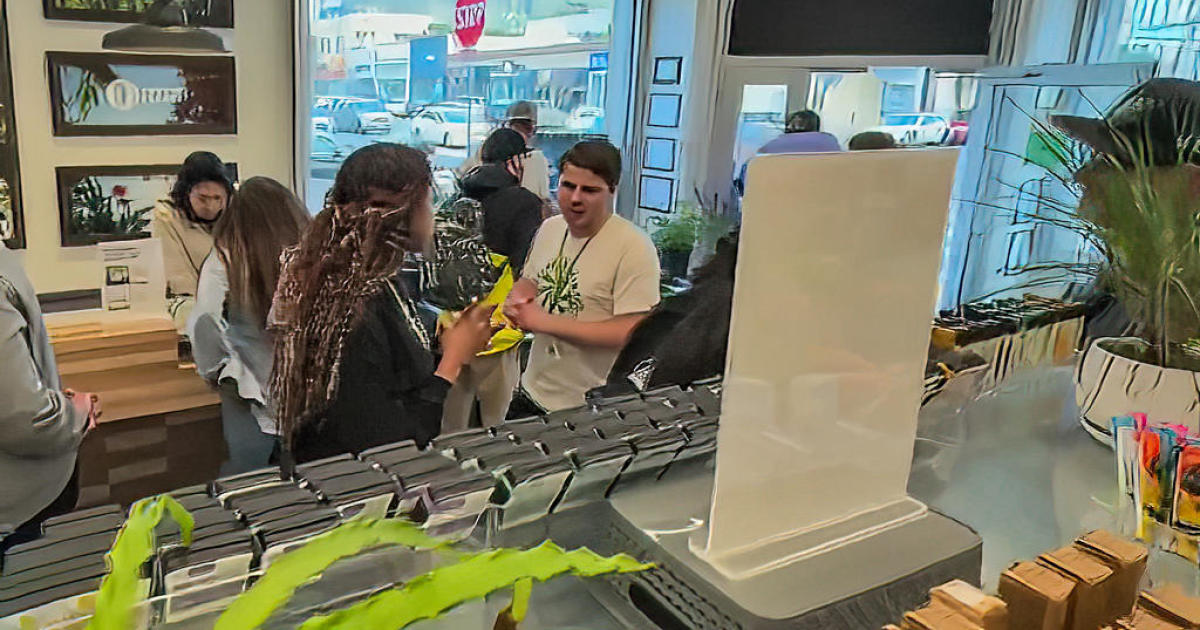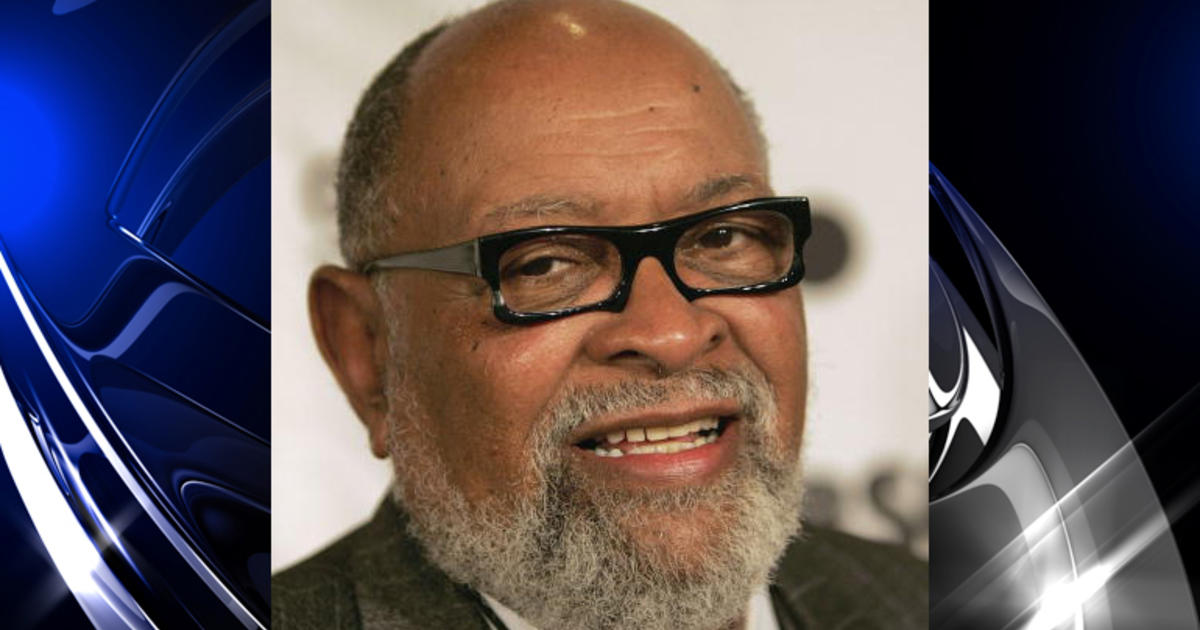SF Ditches Plan To House Homeless At Moscone Center During Pandemic In Favor Of Hotel Rooms
SAN FRANCISCO (KPIX) - San Francisco officials have reversed a plan to shelter homeless people at the Moscone West Convention Center.
Instead, the city will continue with a plan to place homeless people at hotels in an effort to mitigate the spread of the coronavirus, said Trent Rohrer, director of the city's Human Services Agency.
"There are 150 people in hotel rooms right now with approximately 40 more moving in today," Rohrer told KPIX 5. "We will continue to move people in daily while we also continue to get more hotel rooms under contract. Our target is still 3,500, or so, until the Health Department tells us the target has changed."
Video and photos of the space at Moscone West showing rows of cots placed closely together drew immediate criticism.
"It looked like a World War I flu hospital," said Matt Haney, a San Francisco Supervisor who has been urging the city to move more quickly to get more homeless people indoors. "Exactly the kind of environment we need to get people out of, not put people into," he added.
Haney was among a group of progressive supervisors who urged the city to move more quickly with its plan to move homeless people into available hotel rooms during the coronavirus crisis.
Friday, at a briefing about the city's plans to deal with the virus, Mayor London Breed said homeless people who are older than 60 and have underlying health conditions would be moved to hotels, but indicated there would be limits as to how many could be sheltered.
"We are not going to be able to solve our homeless problem in San Francisco with this crisis," Breed said on Friday.
On Monday, some supervisors continued to question whether the movement of homeless people into hotels is urgent enough.
"It's going a lot more slowly than any of us on the Board of Supervisors would like," said San Francisco Supervisor Aaron Peskin. "I pray that it's real, otherwise we are sentencing people to their deaths," he said.
"Most of those 190 are quarantined, or there, because they may have been infected," Haney said. "They haven't moved anyone proactively yet. Thousands of people are still in crowded shelters and navigation centers, and thousands more on the streets. This is a ticking time bomb."



